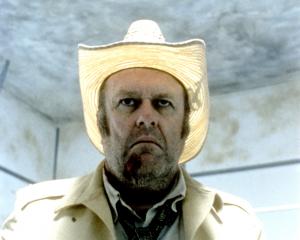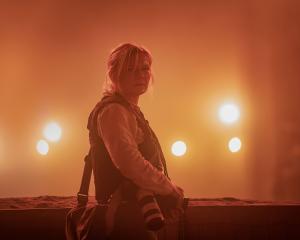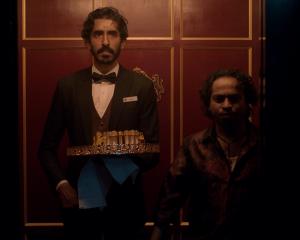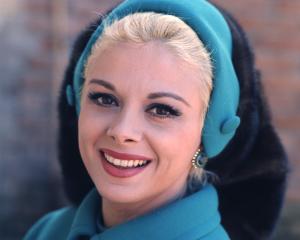Gene Wilder, who regularly stole the show in comedic gems including Willy Wonka and the Chocolate Factory and Blazing Saddles, died on Monday at the age of 83.
Wilder, whose best work came in collaborations with director-writer Mel Brooks and actor Richard Pryor, died at his home in Stamford, Connecticut, from complications of Alzheimer's disease, the family said in a statement.
Wilder's nephew Jordan Walker-Pearlman said the actor had chosen to keep his Alzheimer's secret so that children who knew him as Willy Wonka would not equate the whimsical character with an adult disease.
"The decision to wait until this time to disclose his condition wasn't vanity, but more so that the countless young children that would smile or call out to him "there's Willy Wonka," would not have to be then exposed to an adult referencing illness or trouble and causing delight to travel to worry, disappointment or confusion.
"He simply couldn't bear the idea of one less smile in the world. He continued to enjoy art, music, and kissing with his leading lady of the last twenty-five years, Karen. He danced down a church aisle at a wedding as parent of the groom and ring bearer, held countless afternoon movie western marathons and delighted in the the company of beloved ones."
His barely contained hysteria made him a go-to lead for director-writer Mel Brooks, who cast him in Blazing Saddles, Young Frankenstein and The Producers in the 1960s, '70s and '80s.
Brooks noted Wilder's death by tweeting, "Gene Wilder-One of the truly great talents of our time. He blessed every film we did with his magic & he blessed me with his friendship."
Born Jerome Silberman to Russian immigrants in Milwaukee, Wilder studied at the Bristol Old Vic Theatre in England and then studied method acting at the Actors Studio.
A leading role in a play that also starred Anne Bancroft, who was dating her future husband Brooks, led to Wilder becoming a top member of Brooks' stock company of crazies, some of whom branched out with Wilder into other film ventures.
Wilder's first movie role was a small part as a terrified undertaker who was abducted by Bonnie and Clyde in Arthur Penn's 1967 film of the same name.
The following year he was panic-stricken Leo Bloom to Zero Mostel's conniving Max Bialystock in Brooks' The Producers, picking up an Oscar nomination for best supporting actor.
While it initially got a tepid response, the movie with its over-the-top song Springtime for Hitler, went on to become a cult favorite and, years later with a different cast, a monster hit on Broadway.
Wilder was a last-minute fill-in as the Waco Kid in Brooks' Blazing Saddles in 1974, and with Brooks wrote the screenplay for Young Frankenstein released later that year, also to big box office returns.
The two were nominated for best screenplay Oscars, but lost to Francis Ford Coppola and Mario Puzo for The Godfather Part II.
With Brooks alumni Madeline Kahn and Marty Feldman, Wilder made his directorial debut with 1975's The Adventures of Sherlock Holmes' Smarter Brother, and directed several other movies with uneven results.
Besides his classic collaborations with Brooks, Wilder paired memorably with comedian Pryor in hits Silver Streak and Stir Crazy.
Wilder's title role in Willy Wonka and the Chocolate Factory earned him a Golden Globe nomination in 1971, and he was nominated again in that category in 1976 for Silver Streak.
He won an Emmy in 2003 for outstanding guest actor in a comedy series for appearances on Will and Grace.
Wilder also was active in promoting ovarian cancer awareness and treatment after his wife, Saturday Night Live comedienne Gilda Radner, whom he married in 1984, died of the disease in 1989.
He helped found the Gilda Radner Ovarian Cancer Detection Center in Los Angeles and co-founded Gilda's Club, a support group that has branches throughout the country.
Wilder's memoir, Kiss Me Like a Stranger: My Search for Love and Art, was released in 2005 and he collaborated with oncologist Steven Piver on the book Gilda's Disease in 1998.
He was hospitalised in 1999 with non-Hodgkin lymphoma but was said to be in complete remission in 2005.
Wilder lived in Stamford in a house built in 1734 that he had shared with Radner, writing and painting watercolors with his wife Karen Boyer, whom he married in 1991.
Before Radner, Wilder was married to the actress-playwright Mary Mercier and Mary Joan Schutz (aka Jo Ayers).












